Should You Keep a Raccoon as a Pet?
Updated on 04/26/24
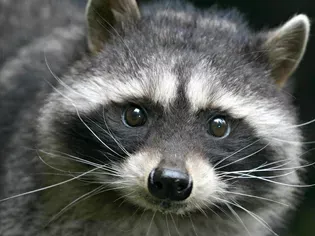
Should You Keep a Raccoon as a Pet? A Comprehensive Guide
Introduction
Raccoons, with their endearingly masked faces and playful demeanor, often evoke a sense of curiosity and fascination. While their charm may entice some to consider them as potential pets, it's imperative to thoroughly evaluate the implications, responsibilities, and potential challenges associated with keeping a raccoon as a companion. This comprehensive guide aims to empower you with the necessary knowledge to make an informed decision about whether or not raccoon ownership is a suitable choice for you and your lifestyle.
Part 1: Understanding Raccoon Behavior and Needs
Natural Habitat and Diet
Raccoons are nocturnal, omnivorous animals native to North and Central America. In the wild, they primarily inhabit forested areas, swamps, and urban environments. Their diet consists of a wide range of plant and animal matter, including fruits, nuts, insects, rodents, and even garbage.
Social Behavior
Raccoons are generally solitary creatures that form loose social groups during mating season. They are not inherently aggressive towards humans but can become defensive or territorial if they perceive a threat.
Lifespan and Health
Raccoons have an average lifespan of 2-3 years in the wild and 5-10 years in captivity. They are susceptible to various health issues, such as canine distemper, rabies, and raccoon roundworm, which can be transmitted to humans.
Part 2: Legal and Ethical Considerations
Legal Regulations
The legality of keeping raccoons as pets varies widely by state or country. Some jurisdictions have strict regulations or outright bans on raccoon ownership due to concerns about public health and safety. It's crucial to research and adhere to local laws before acquiring a raccoon.
Ethical Concerns
Raccoons are wild animals that have not been domesticated for companionship. Keeping them captive can deprive them of their natural instincts, social interactions, and freedom. Additionally, raccoons may carry diseases that pose risks to both humans and other pets.
Part 3: Challenges and Responsibilities
Housing and Enrichment
Raccoons require a spacious enclosure that simulates their natural habitat. This includes areas for climbing, nesting, and foraging. They also need access to fresh water, toys, and enrichment activities to prevent boredom and behavioral issues.
Diet and Nutrition
Raccoons have complex dietary needs that must be met to maintain their health. Providing a balanced diet of high-quality food, supplemented with fruits, vegetables, and treats, is essential.
Training and Handling
Raccoons can be trained to some extent, but they are not as receptive to training as dogs or cats. Patience and positive reinforcement are key. Handling raccoons should be done with caution, as they can bite or scratch if they feel threatened.
Veterinary Care
Regular veterinary checkups and vaccinations are crucial to monitor raccoon health and prevent diseases. It's important to find a veterinarian experienced in exotic animals who can provide appropriate care.
Part 4: Making an Informed Decision
Pros:
* Unique and playful companions
* Can form strong bonds with owners
* Entertaining to observe
Cons:
* Not fully domesticated and may retain wild instincts
* Legal restrictions or bans in some areas
* Can carry diseases transmissible to humans
* Complex dietary and housing needs
* Prone to behavioral issues without proper enrichment and training
Alternative Options
If you are drawn to raccoons but are hesitant about keeping one as a pet, consider the following alternatives:
* Volunteer at a wildlife rehabilitation center: Interact with raccoons in their natural setting while contributing to their care.
* Support conservation organizations: Help protect raccoon habitats and populations through donations or advocacy.
* Enjoy wildlife documentaries or nature shows: Observe raccoons in their natural environments from the comfort of your own home.
Conclusion
Keeping a raccoon as a pet is a complex and challenging endeavor that requires careful consideration. Understanding their natural behavior, legal and ethical implications, challenges, and responsibilities is paramount. Ultimately, the decision of whether or not to own a raccoon should be based on a thorough assessment of your lifestyle, ability to provide appropriate care, and alignment with the animal's well-being and needs. Remember, while raccoons can be captivating creatures, they belong in the wild and may not be suitable companions for everyone.
Explore More Pets
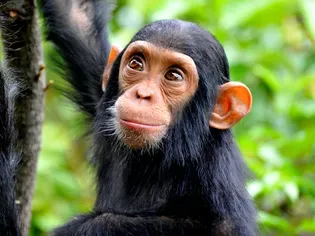
Exotic Pet Species
Should You Keep a Chimpanzee as a Pet?
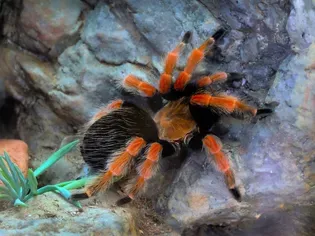
Exotic Pet Species
How to Care for a Pet Mexican Red-Knee Tarantula
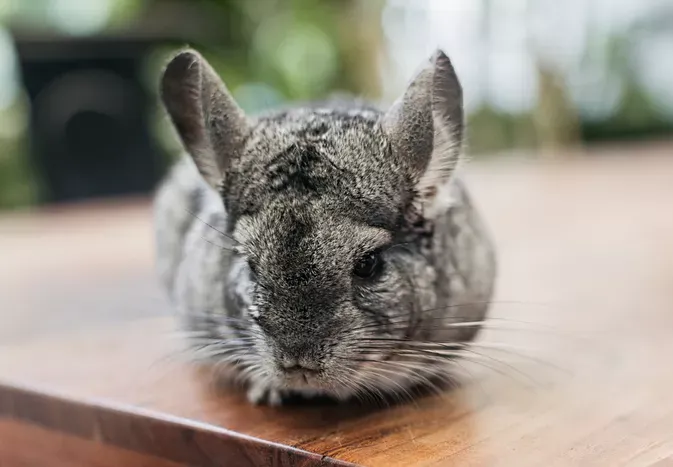
Exotic Pet Species
12 Best Exotic Pets for Apartment Living
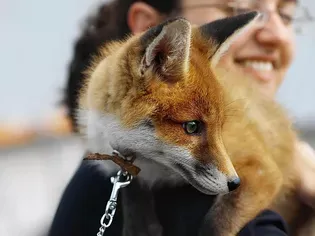
Exotic Pet Species
Best Foxes to Keep as Pets

Exotic Pet Species
Should You Keep a Northern Flying Squirrel as a Pet?

Exotic Pet Species
Should You Keep Stick Insect as a Pet?

Exotic Pet Species
Should You Keep a Big Cat as a Pet?
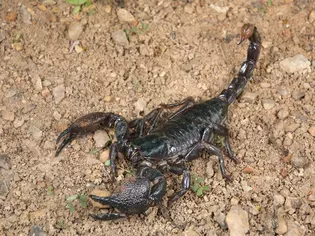
Exotic Pet Species
8 Top Scorpion Species Suitable as Pets